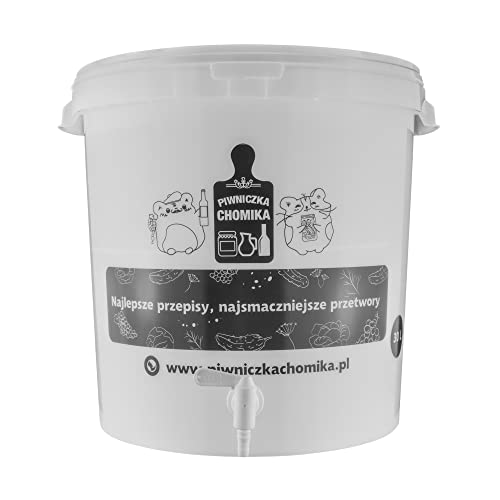Fireside Ales Homebrewery
Regular.
He certainly was. He had them stacked at the back of the shop for a good while. I am not sure if he still has them? Maybe limited supply?? He is selling brown swing tops on his online store, these are 500ml though.Are you sure? I mean the 1500 ml ones, not the 440s.









































